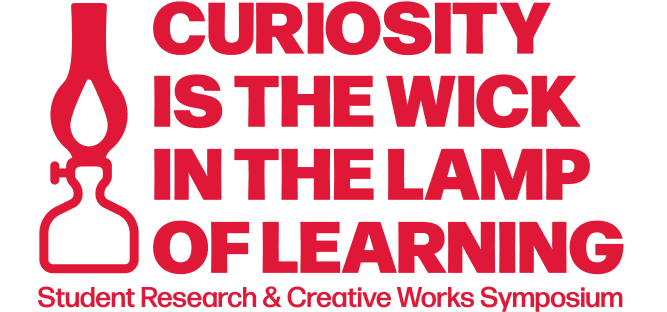Housing Insecurity and Older Adults
Faculty Mentor
Rie (Leeay) Kobayashi
Presentation Type
Oral Presentation
Primary Discipline of Presentation
Social Work
Abstract
This presentation examines the complications and insecurities that lead to older adults experiencing housing insecurity that leads to being unhoused. Research indicates that reduction in fixed income, unexpected major life events, and increases in housing costs are the three major contributing factors to older adults experiencing homelessness. Given that 1-in-6 people in the United States are aged 65 and older, reducing the risk of individuals from this group becoming unhoused is a critical task for society at large, avoiding unnecessary stressors on a large segment of the population. Regional data is examined to determine the need for action on a scale local to Spokane. Knowing that reduced-income housing is strained locally and has lengthy waitlists, two alternative solutions are proposed: 1. Increasing housing density by reducing restrictions around auxiliary dwelling units, and 2. Piloting a HomeShare housing model.
Recommended Citation
Davies, Timothy C., "Housing Insecurity and Older Adults" (2024). 2024 Symposium. 5.
https://dc.ewu.edu/srcw_2024/asy_2024/asy_2024/5
Creative Commons License

This work is licensed under a Creative Commons Attribution-NonCommercial-No Derivative Works 4.0 International License.
Housing Insecurity and Older Adults
This presentation examines the complications and insecurities that lead to older adults experiencing housing insecurity that leads to being unhoused. Research indicates that reduction in fixed income, unexpected major life events, and increases in housing costs are the three major contributing factors to older adults experiencing homelessness. Given that 1-in-6 people in the United States are aged 65 and older, reducing the risk of individuals from this group becoming unhoused is a critical task for society at large, avoiding unnecessary stressors on a large segment of the population. Regional data is examined to determine the need for action on a scale local to Spokane. Knowing that reduced-income housing is strained locally and has lengthy waitlists, two alternative solutions are proposed: 1. Increasing housing density by reducing restrictions around auxiliary dwelling units, and 2. Piloting a HomeShare housing model.



